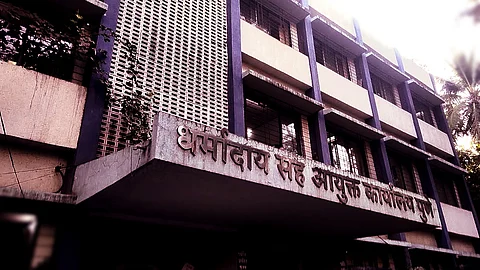

Pune: All registered trusts and charitable organizations must submit their budget estimates for the upcoming financial year before the end of February. As per Rule 16A of the Charitable Trusts Act, 1951, trusts and institutions falling under this regulation are legally required to file these budgetary reports.
This rule applies to:
Religious trusts with an annual income exceeding ₹5,000.
Other charitable organizations with an annual income exceeding ₹10,000.
What the Budget Must Include
The budget estimate must provide a detailed financial plan for the fiscal year beginning April 1, covering the following aspects:
Asset Growth and Sales – Any planned increase or sale of assets owned by the organization.
Administrative Expenses – Estimated provisions for operational costs.
Financial Planning for Special Projects – Allocation of funds for specific initiatives undertaken by the organization.
Liabilities and Debt Repayment – Details of loans and outstanding payments.
Fixed Deposits and Investments – Information about fixed deposits in the organization's name, interest earnings, and investment returns.
Income Sources – Complete details of funds received from private donations, CSR initiatives, and government grants.
Trustees’ Approval Mandatory
Along with the budget estimate, trusts must submit a list of current trustees and a resolution confirming their approval of the proposed budget for the next financial year.
Non-Compliance to Be Recorded in Audit Report
All trusts and charitable organizations must ensure that their budget estimates are submitted on time. They are advised to consult their chartered accountants to comply with legal requirements.
Failure to submit the budget within the deadline will result in non-compliance being recorded in the annual audit report, warned Advocate Shivraj Kadam Jahagirdar, former president of the Public Trust Practitioners Association.
